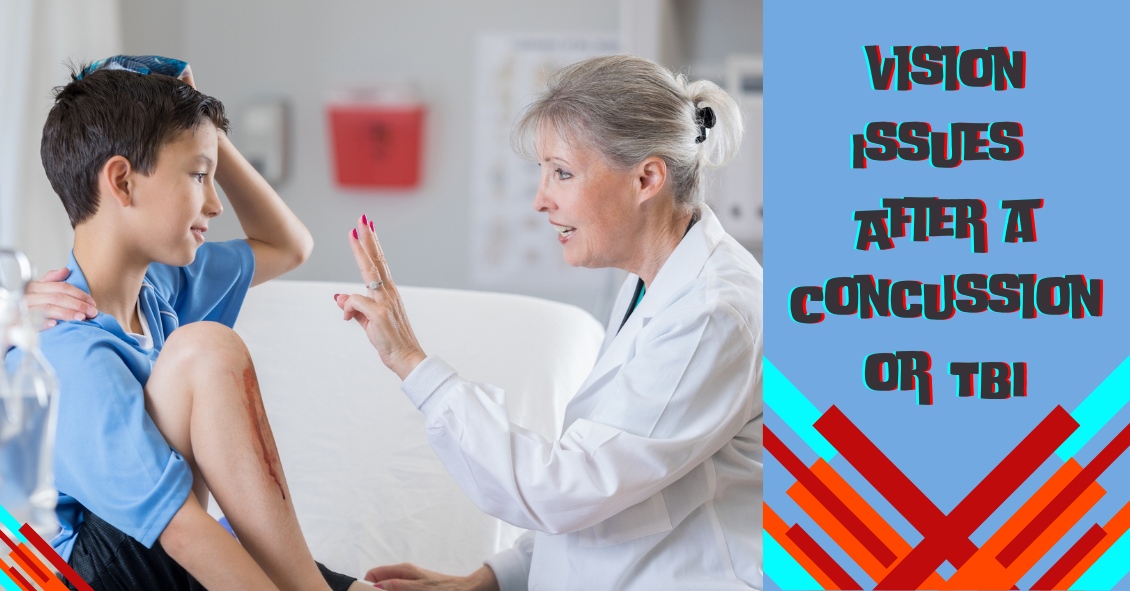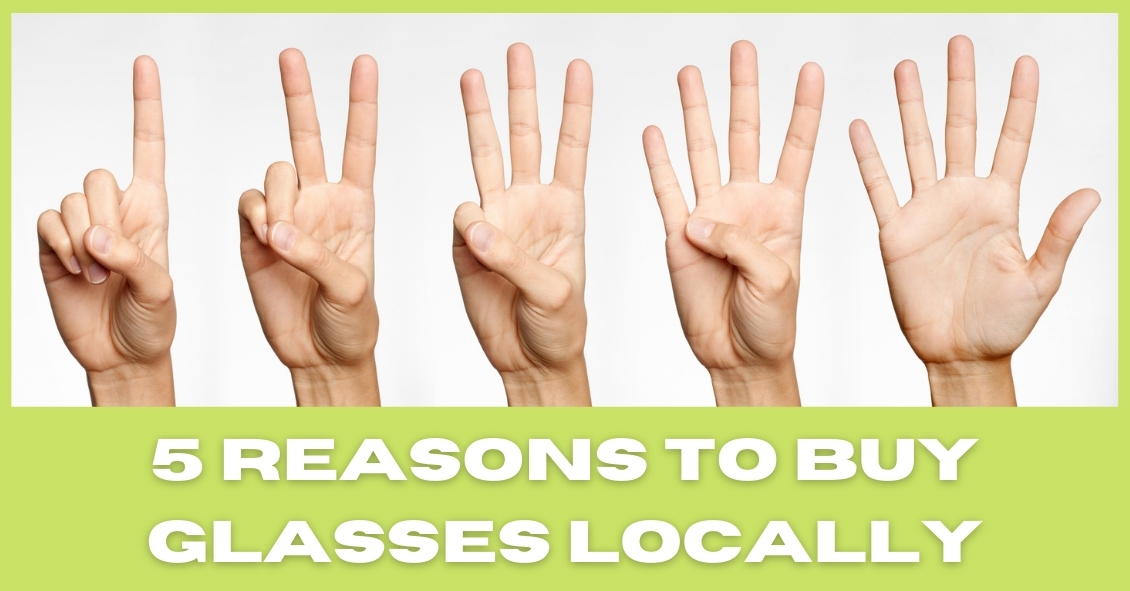Latest Office News
- Details
Remember back to the last time you experienced the birth of a baby.....What are one of the first questions people ask? It’s “ WHAT COLOR ARE THEIR EYES?”
What makes the color of our eyes appear as they do? What role do genetics play? What if you don’t like your eye color..... can you change it? Are there any medications that can change the eye color? Get ready to explore the science behind eye color by starting at the beginning.......
Baby’s eye color can change. A baby can start out with blue eyes, for example, and change to brown as they age. It’s all dependent on a brown pigment called melanin which develops as a child ages. The more melanin present, the darker the eye color. Brown eyes have the most pigment saturation, green/hazel eyes have less melanin, and blue eyes have the least pigment. The color of eyes are dependent upon genetics. Genetics are complicated, but generally speaking brown trumps blue in the probabilities if there is a brown eyed parent. This is because darker pigment is the dominant trait in genetics. This isn’t to say that two brown eyed parents could not have a blue eyed child......its just very rare.
- Details
Happy Thanksgiving from Drs. Hansen, Pietig, and Young and the Staff of Ankeny Family Vision Center!
Webster defines thanksgiving as the act of giving thanks...the expression of gratitude!
This really is something we should be doing on a daily basis. But it is nice that as Americans we set aside one day a year to focus on God and His blessings!! Our celebration dates back almost four centuries and comes directly from the Pilgrims and their gratefulness for their bountiful harvest in spite of a harsh winter they were unprepared for.
The first national Thanksgiving occurred in 1789. Then, in 1863, Abraham Lincoln set aside the last Thursday of November declaring, "We are prone to forget the Source from which the blessings of fruitful years and healthful skies come...I do, therefore invite my fellow-citizens in every part of the United States...to observe the last Thursday of November as a day of thanksgiving and praise to our beneficent Father Who dwelleth in the heavens."
This day is not always a joyous and thankful time for everyone. Sometimes life is so overwhelming that we cannot think of one thing for which to be thankful. Psalm 100 tells us, "...the Lord is good; His loving kindness is everlasting and His faithfulness (continues) to all generations."
God is good and He is good all the time!! What a promise to cling to regardless of our circumstatnces or what our thoughts are telling us! What a reason to be thankful!
If this season finds you felling down and lonely, know the Lord is near!! Are you struggling? Reach out to someone and encourage them with the thought that the Lord is good and always there! His faithfulness continues on and on to all generations!!





